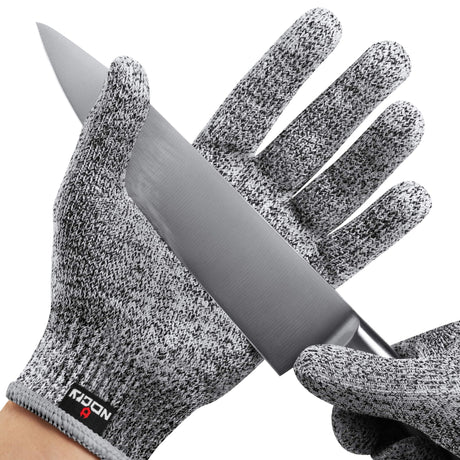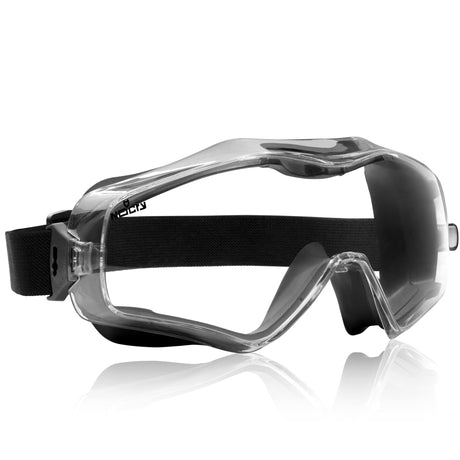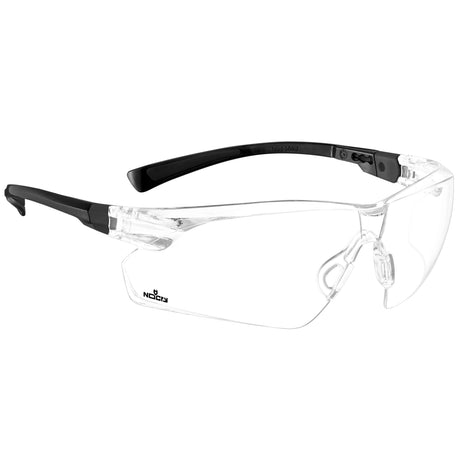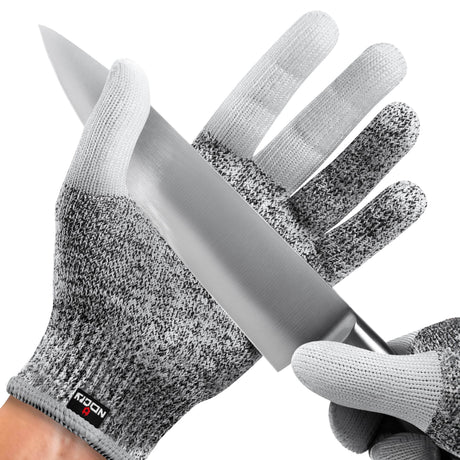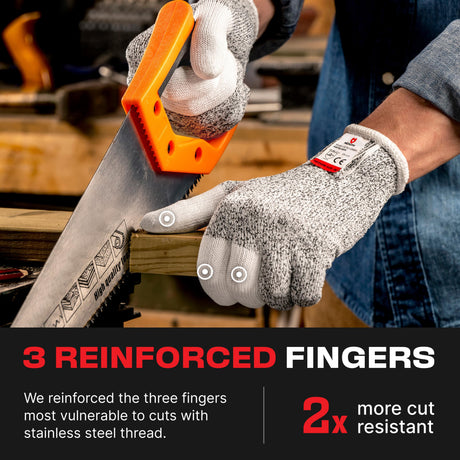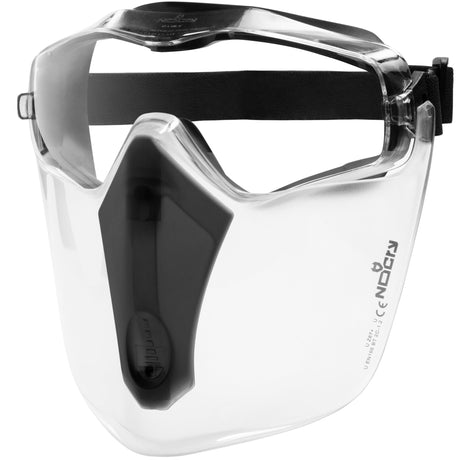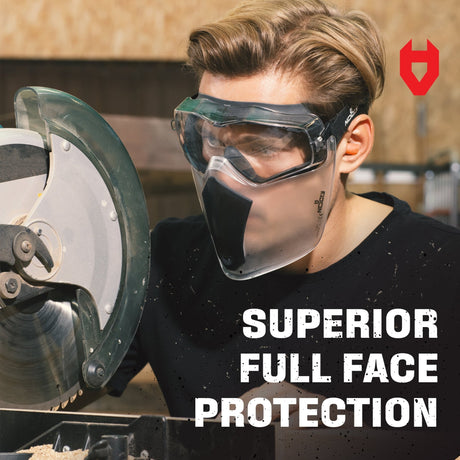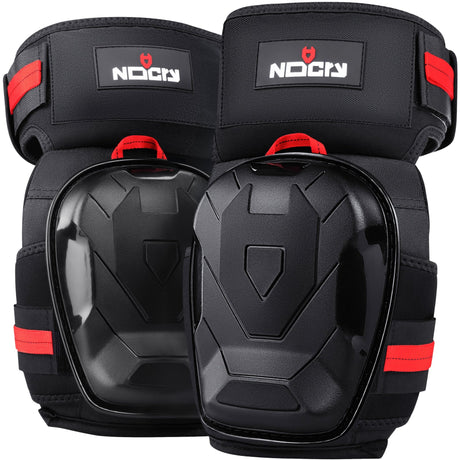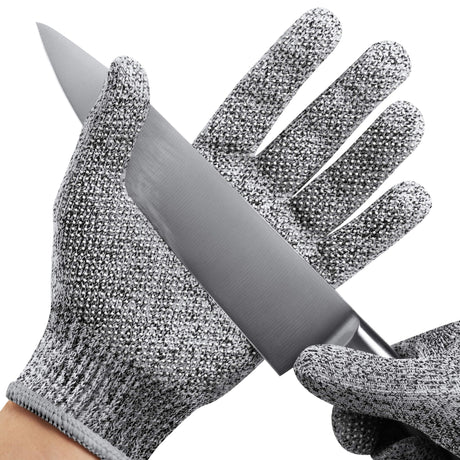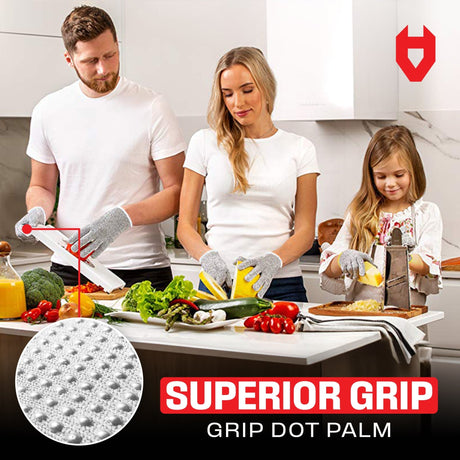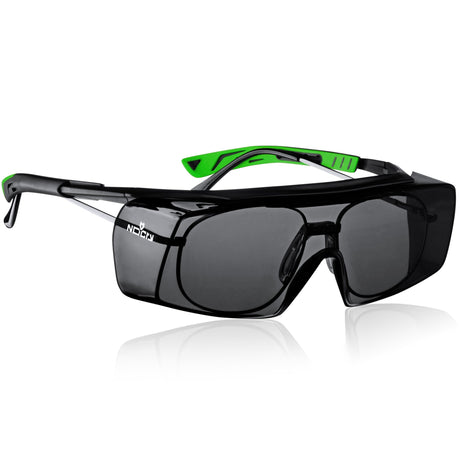Key Takeaways
- Identifying weeds early makes removal easier and protects garden health.
- Mulching and minimal tilling are effective ways to prevent weeds in garden beds.
- Rainy days make pulling weeds easier with less strain.
- Herbicides should be a last resort and used carefully, especially near vegetables.
- Using the right tools and gear helps you pull weeds safely and effectively.
Garden weeds are the bane of any gardener’s experience. They take up space and nutrients in the garden bed that could be better utilized by the plants you really want to grow.
Sadly, perennial and annual weeds will make appearances in gardens of all kinds, leading the green-thumbed to take measures that can disrupt the flow of their flower patch or vegetable garden area.
Knowing how to pull weeds is not enough; a good gardener should also know how to eliminate and prevent weeds from coming back. We’ve put this handy guide together so you can easily identify garden weeds, remove them, and keep them from spreading further.
Why Do Weeds Keep Coming Back?
Weeds return because their seeds can stay dormant in soil for years, waiting for sunlight, warmth, or soil disturbance to trigger growth. Even after pulling weeds, fragments of roots or unseen seeds can cause a regrowth cycle.
Understanding how to avoid weeds in the garden starts with minimizing soil disturbance, keeping the surface covered with mulch, and removing young weeds before they seed. That combination helps prevent weeds from taking over again.
What Are the Most Common Garden Weeds?
Weeds, for lack of a better word, are concentrations of unwanted plant life that interrupt the healthy growth of the plants you’re really trying to cultivate.
A step towards proper weed control comes in identifying the plants early and dealing with them fast, which is why we’ve collated some information on a few common weed seedlings and how to properly remove them. When you’re done, they’ll still make a healthy addition to your compost pile!
- Dandelions grow low with jagged leaves and strong taproots. Dig them out before they flower.
- Bramble spreads with thorny stems. Cut back young shoots and dig out the root system.
- Nettles sting and grow fast. Gloves are a must. Pull them before they take hold.
- Other weeds may be less familiar but if something looks out of place, it’s likely a weed.
How Can You Prevent Weeds in Your Garden Beds?
Preventing weeds from growing in the garden is the best way to avoid having to remove them, but old and new weeds are persistent and will work hard to find a way back to the surface. You’ll likely never be totally rid of your garden weeds, but by following these steps you should be able to prevent weeds from being a problem.
Don’t Till Your Soil Excessively
Giving your soil a good tilling might seem like a surefire way of keeping weeds at bay, but in reality, it will bring hidden weed seeds to the surface that may remain dormant otherwise and trigger germination. The exposure to sunlight will cause these weeds to grow at a faster rate, so you’re better off removing weeds individually, with a smaller tool, or with your trusty hands.
Mulch Your Garden Bed Regularly
Regular mulch breaks are the friend of soil. Adding some organic mulch, such as pre-shredded bark, wood chips, or shredded leaves to your soil will enrich it with nutrients, while it will also control dormant weed seeds from growing and deprive weeds of the sunlight they need to properly establish themselves.
Pull Weeds After Rain
Weed growth occurs in the sunshine, so why shouldn’t we pull them after the rain? Pulling weeds individually is the most reliable way to eliminate weeds, but after hot weather with harder soil it can be a real struggle and strain on the back and joints. Go and pull all the weeds you can find after some rainfall for an easier experience.
Should You Use Weed Killer?
Use herbicides only when necessary. Spot treat areas with a post-emergent spray to target young weeds, or apply pre-emergent products after pulling to keep seeds from germinating. Always follow the label and keep them away from vegetables.
How To Keep Weeds Out of The Vegetable Garden
Vegetables are especially sensitive to weed competition. Try these methods to protect your crops:
- Mulch around crops to block sunlight from reaching weed seeds.
- Use drip irrigation to water only the plants you want, not the weeds between rows.
- Place weed barriers like cardboard, landscape fabric, or thick mulch between planting rows to stop weeds from sprouting.
- Avoid using chemical herbicides unless absolutely necessary. They can harm both your vegetables and soil health.
The best way to keep weeds out of the garden is by staying proactive. Fewer weeds mean more nutrients, space, and water for your veggies, which leads to a stronger, more productive harvest.
How To Pull Out Weeds Safely
Before you start making changes to the soil structure of garden beds or pulling haphazardly, make sure you’re well-equipped.
Many weeds are spiky or can sting to the touch, so wear a sturdy pair of gardening gloves to protect your hands. For extra comfort and safety, use a knee pad or garden kneeling mat to reduce strain on your knees and joints while working close to the ground.
For deeper-rooted weeds, a hand weeder or hori-hori knife gives you better control than pulling by hand and helps avoid disturbing nearby plants. If you're clearing a larger area, wear long sleeves and closed-toe shoes to protect against scrapes or unexpected critters.
Working with the right tools and gear helps you stay comfortable and avoid injury while keeping your garden weed-free.
Conclusion
Learning how to prevent weeds in the garden means staying consistent, using the right techniques, and focusing on soil health. From mulch and weed barriers to smart watering and careful hand pulling, you can take control before weeds get out of hand.
FAQ
What is the best way to prevent weeds naturally?
Use mulch to block sunlight, crowd weeds out with dense plantings, and water only where needed to avoid feeding weeds.
Does pulling weeds make them grow back?
If you don’t get the root, yes—many weeds regrow. Pull them when the soil is moist and grab them from the base to remove the entire root.
Can I use vinegar or salt to kill weeds?
Vinegar works on young weeds but may harm nearby plants. Salt should be used carefully, as it can ruin soil over time.
How often should I weed my garden?
Weed once a week or as soon as you see growth. Staying consistent prevents weeds from seeding and taking over your garden.









